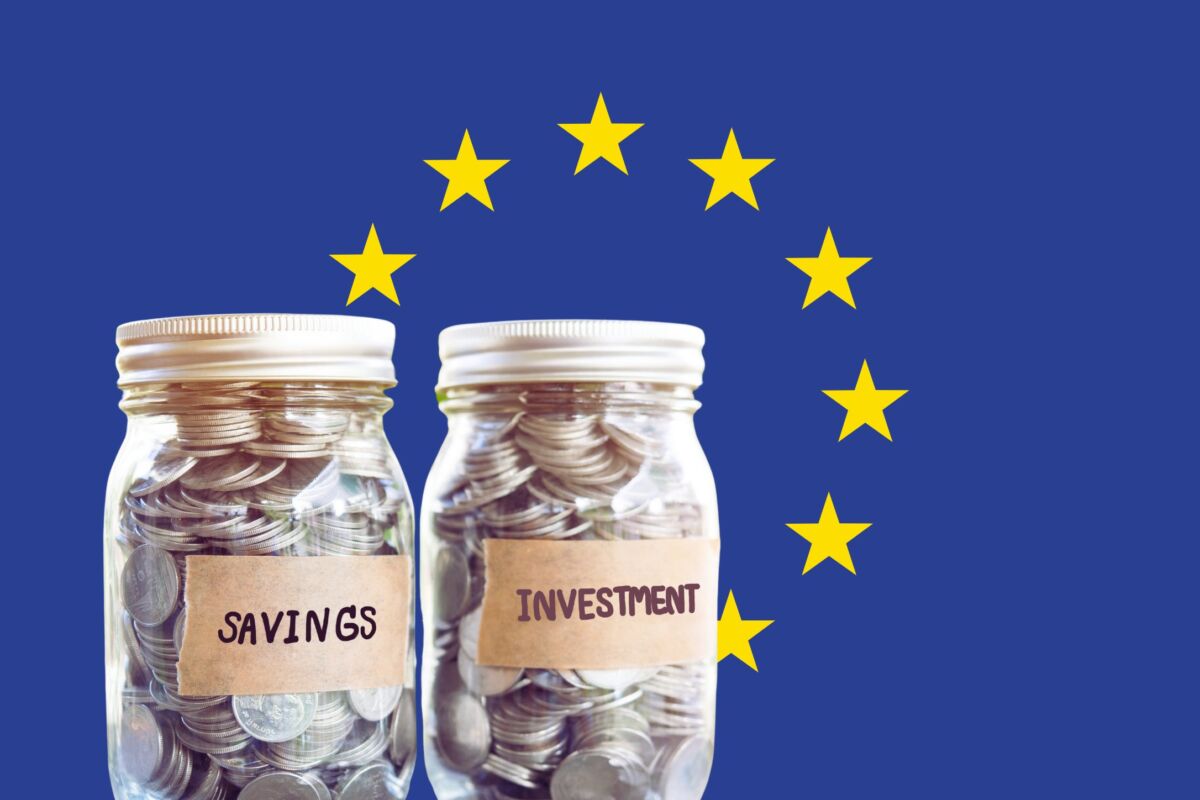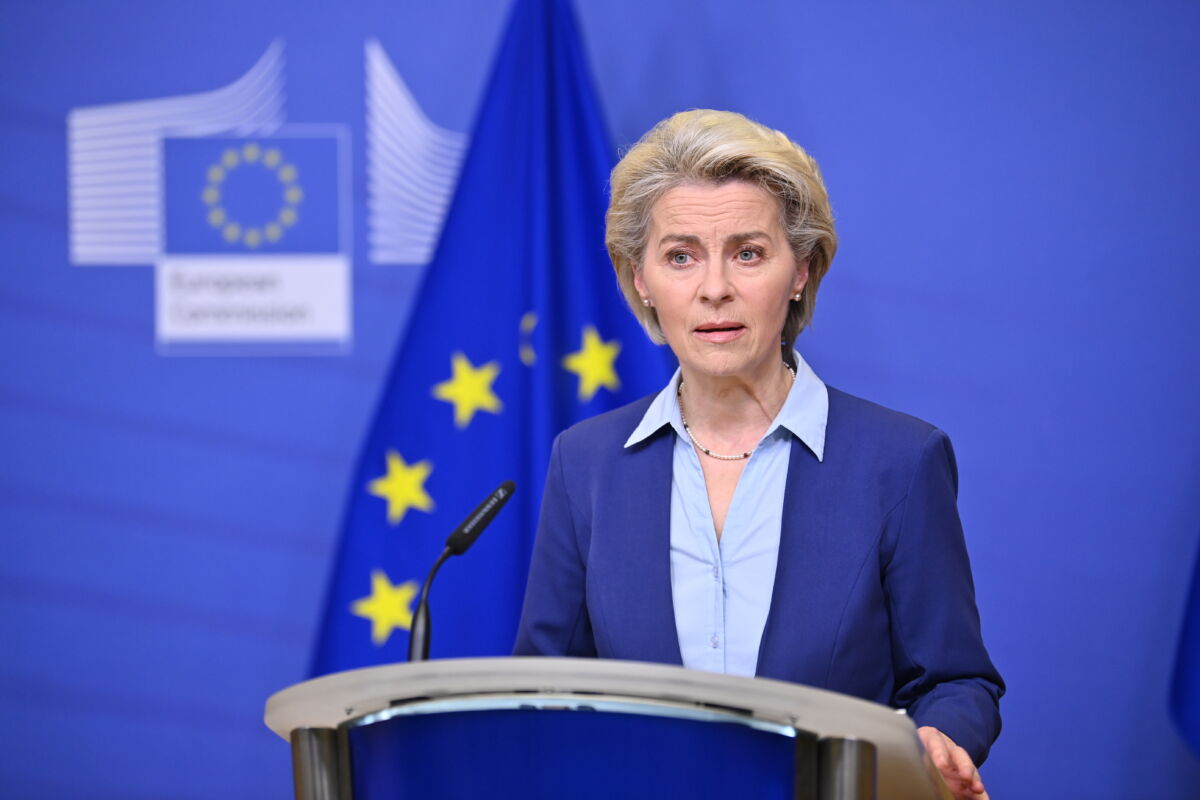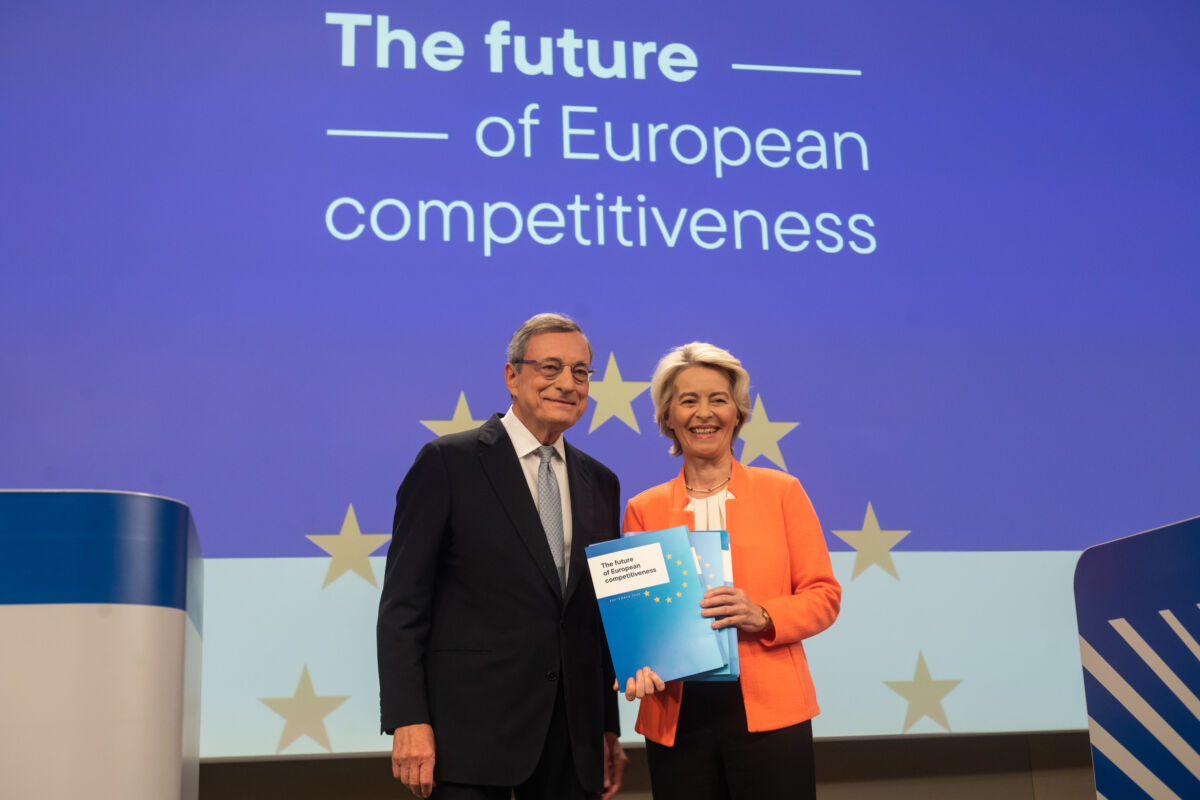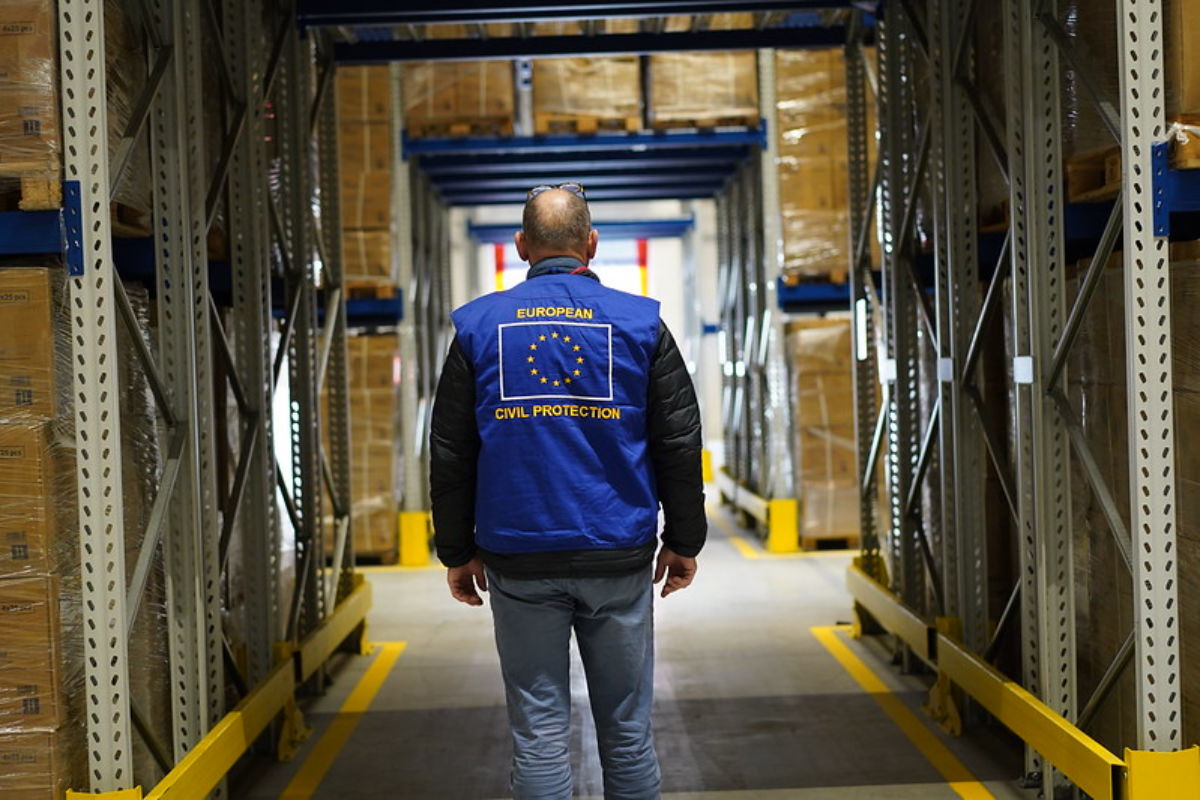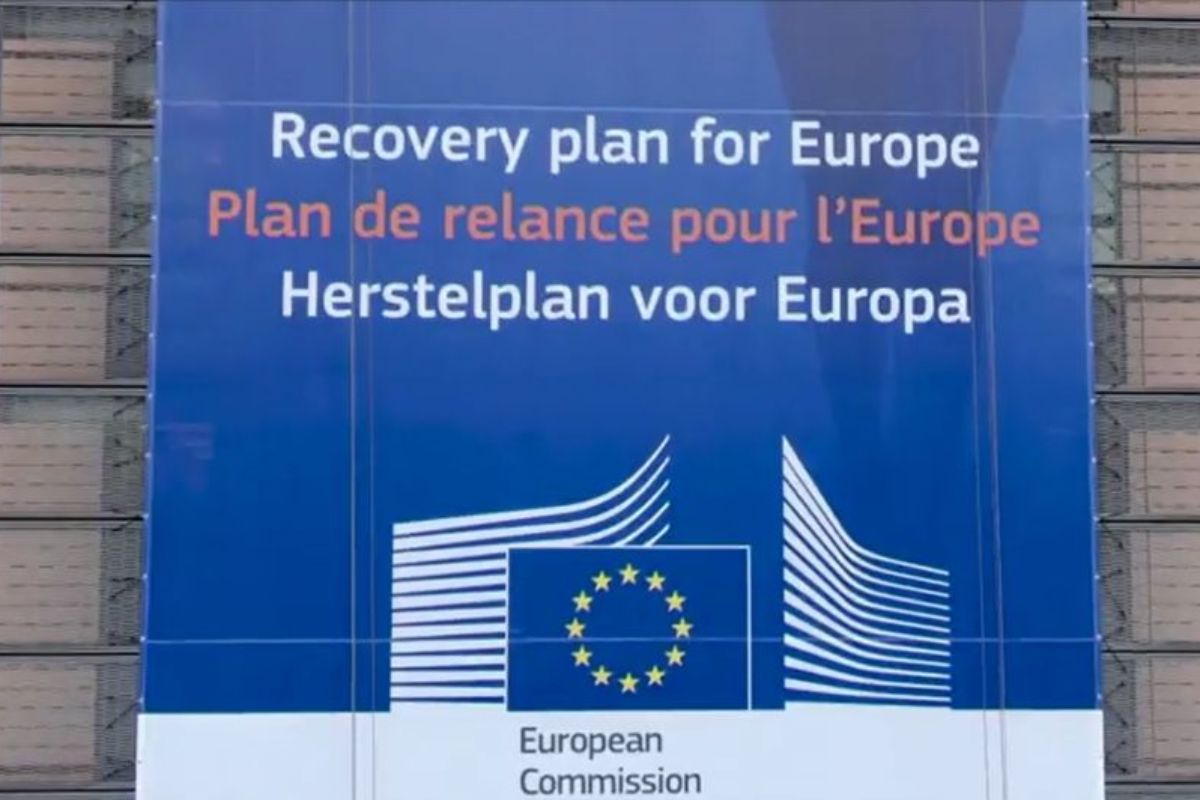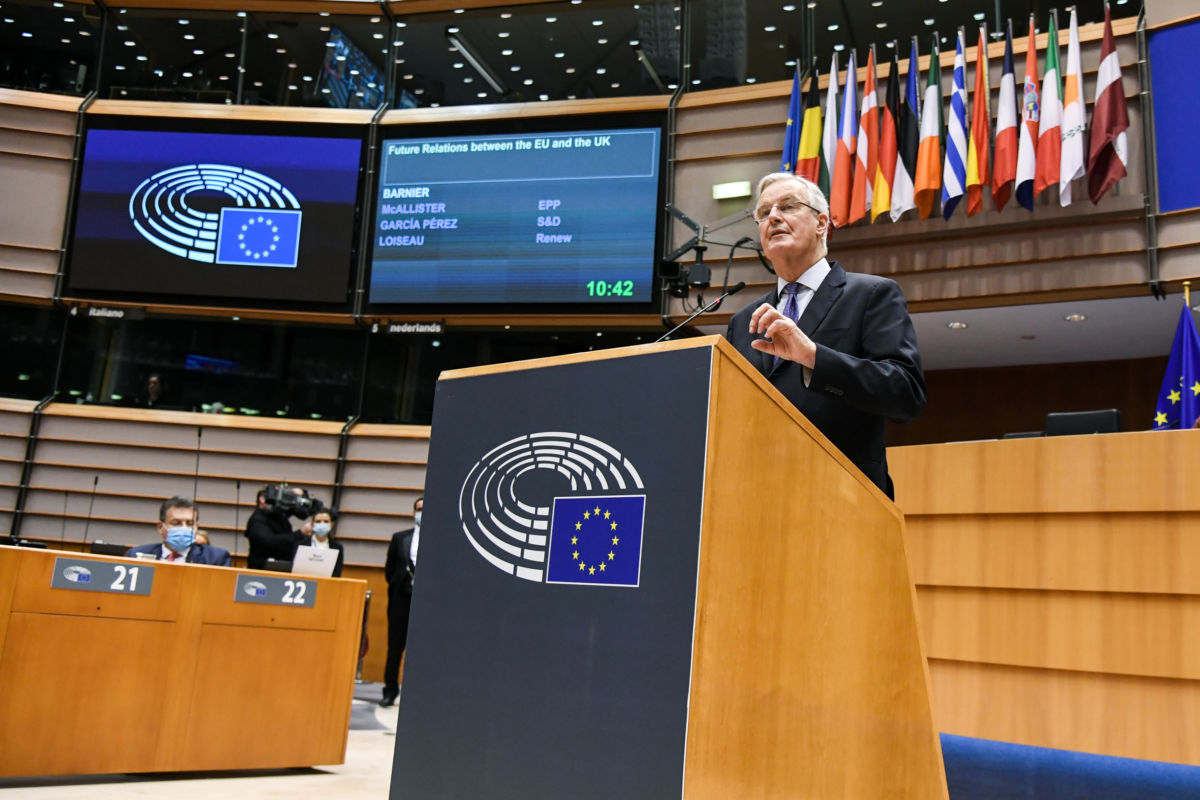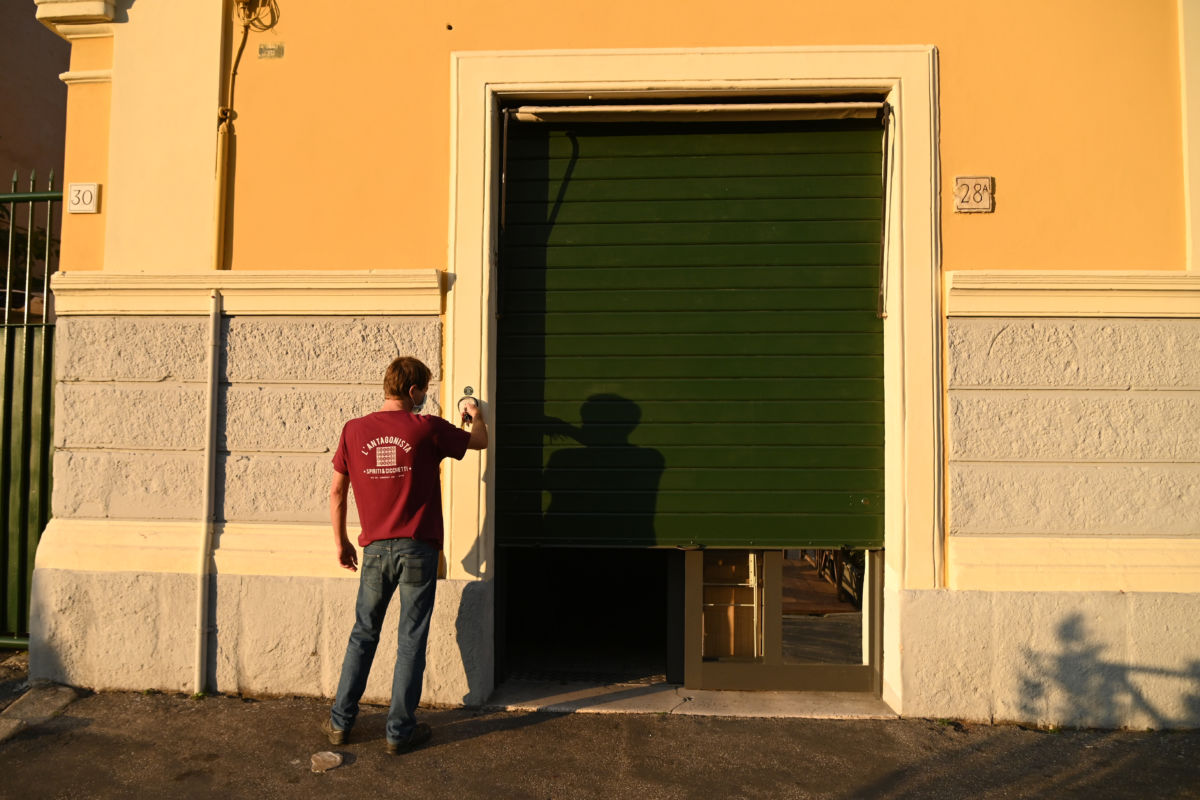There can be little question that the economic fallout from the corona epidemic is hitting different member states with very different intensity. In this exceptional situation solidarity is warranted. The weakest, which are unfortunately hit the hardest, deserve help. Those member states that are able to help, mostly in the north, are likely to experience themselves a sharp recession. But they have the financial means to overcome the crisis by providing generous assistance to their enterprises and unemployed. They would also be able to provide some assistance to those member states most in need.
A first question to ask is whether the corona-crisis calls for solidarity within the EU or the euro area. During the financial crisis, one could argue that membership of the euro area was itself a source of the difficulties for Italy and Spain because in the face of pressures on their financial markets they could not turn to their national central banks for liquidity.
The origin of this crisis is very different. Being hit by an unforeseen epidemic has nothing to do with euro area membership. There is thus a strong argument to consider the present situation as a case requiring solidarity at the EU level.
But what kind of assistance should be provided? Loans or grants? This is the second key question.
One could argue that the additional expenditure due to the coronavirus shock should be financed by issuing common bonds. The shock is symmetric in nature and all governments will now have large deficits. One could thus consider allowing all member states to issue ‘Coronabonds’, say for 5-10 % of GDP (i.e. €500-1000 billion). These bonds would have a low interest rate if they were supported by a ‘joint and several’ guarantee of all member states. But this would not solve the key problem for the fiscally and structurally weaker countries, which is that they already have too much debt. The Italian government would pay a lower interest rate on the part of its debt financed by Coronabonds, but the overall public debt of Italy would still increase. Moreover, the relatively small gain in terms of interest savings through Coronabonds would probably be offset by a higher cost of the remaining debt (still 135% of GDP) because that old debt would be effectively subordinated to the Coronabonds.
Increasing the total public debt of Italy would be dangerous because a higher debt level usually requires a higher risk premium, which can lead to a doom loop, under which higher debt leads to a higher risk premium, which in turn leads to higher deficits and even higher debt.
This is why the countries in the south that are, for now, hit hardest by the Coronavirus need grants, not credits. The simplest way would be for the EU to issue ‘eurobonds’ and then make a large transfer to Italy or other countries in need. But that is not possible because the Treaty stipulates (Art. 310.1) that the EU budget has to be in balance. This is why a number of proposals have been made to find a way around this prohibition of a deficit via guarantee schemes, sometimes involving the ESM.
Fortunately, there is no need for financial acrobatics as there is a simpler way: Italy, and some other countries, could be exempted from contributing to the next EU budget for a number of years. Normally all countries contribute about 1% of their GDP to the common budget. Exempting the ‘Corona South’ from its obligations to contribute would thus be worth 1% of GDP per year. One could thus think of a sliding scale over the 7-year cycle of the Multiannual Financial Framework under which the contribution for the Corona South would increase, starting from zero in 2021 to 100% in 2027. The new MFF, which anyway has to be agreed later this year, could incorporate such a provision. The lower contributions to the budget would of course have to made up by the other countries – those less hard hit by this crisis (or simply better able to withstand the impact). These stronger countries in the north and east would have to abandon the principle of ‘juste retour’, at least for this MFF. For domestic political purposes, they could label the ‘extra’ contribution as ‘corona solidarity’ in their budgets.
The amount implicitly transferred could, in principle, be quite high: for example, if Italy were exempted from contributions to the EU budget for 7 years (and the expenditure structure of the budget were to remain essentially the same) the transfer would amount to 7% of GDP (over €100 billion). If the exemption from contributions were to be scaled down linearly to zero over the life of the next MFF, it would still be worth about 3.5% of Italian GDP or close to €60 billion (over the entire MFF).[1] For Greece, the figures would be smaller pro-rata (about a tenth).
The burden on the ‘strong’ north appears to be manageable: if about a third of the EU needs financial help worth about 1% of GDP, the remainder would have to shoulder about 0.5% of GDP (for a number of years). This approach would of course transform the nature of the negotiations for the new MFF which will take place later this year. Presumably the budget would be refocussed along the priorities of the north, but even the proposals from the ‘frugal five’ foresee a budget of around 1% of GDP.
It would of course be possible to also use the expenditure side of the EU budget, which could foresee substantial sums for public health infrastructures and other investments, which might be needed more in the South. But the sums involved here would probably remain much below the 1% of GDP contribution rate.
The transfers envisaged here would of course not come all at once. This means that the debt of the southern countries would increase in the short run. But given that this is transitory and that even Italy pays only less than 1% (on average) on its public debt, this should not be a problem. Moreover, financial markets are very likely to react to the announcement of such a scheme with more confidence in the country (and the solidity of the European construction).
There is thus a simple way to organise a real expression of EU solidarity without engaging in any large-scale financial transactions.
[1] Along the same lines one could also envisage to make an amendment to the budget for 2020, under which Greece, Italy and other countries in financial difficulties, are exempted from their contribution. It remains to be seen whether this is legally possible given that the 2020 budget has already been approved.








